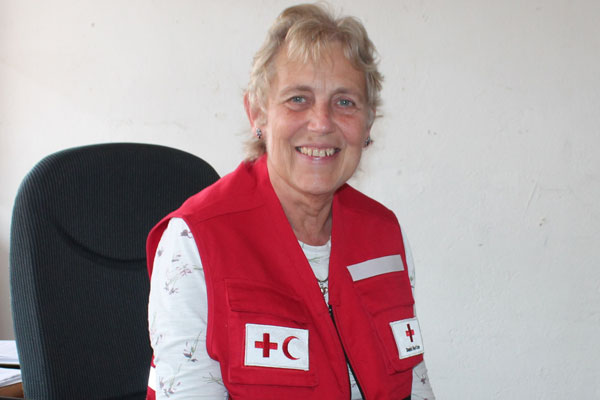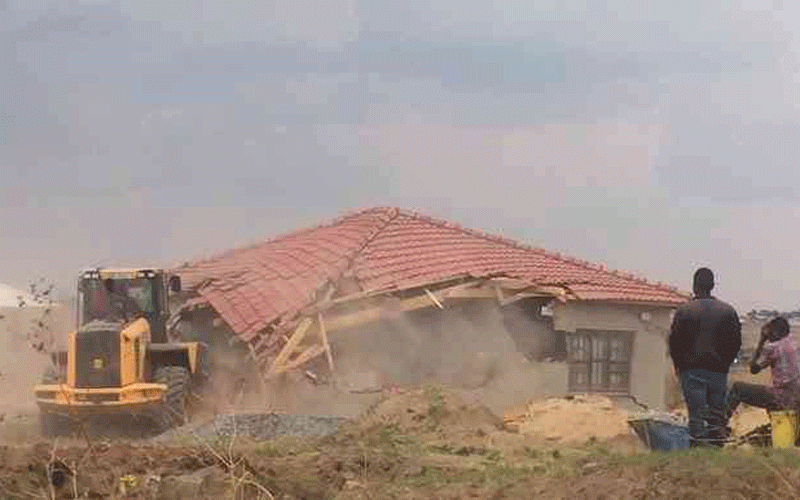
The Zimbabwe Red Cross Society (ZRCS) will soon initiate a sexual reproductive health rights (SRHR) intervention aimed at combating sexual and gender-based violence (SGBV) in minors.
By Style Reporter

To kickstart the initiative, the humanitarian organisation held a two-day planning workshop in Harare last week.The meeting was graced by ZRCS senior management and a technical team from the Danish Red Cross.
ZRCS secretary-general Maxwell Phiri said the new SRHR initiatives would be mainstreamed within the already ongoing resilience building projects.
“ZRCS has implemented a nationwide youth project before and continues to promote junior first aid clubs in schools,” Phiri said.
“This coming project will, therefore, strengthen youth structures particularly in schools, universities and other vulnerable communities to make healthy life decisions.”
Phiri emphasised the project would ensure that SRHR issues are mainstreamed into the organisation’s first aid and nurse aide health courses and other disaster operations so that sexual reproductive health information would reach as many people as possible.
- Chamisa under fire over US$120K donation
- Mavhunga puts DeMbare into Chibuku quarterfinals
- Pension funds bet on Cabora Bassa oilfields
- Councils defy govt fire tender directive
Keep Reading
Young people in Zimbabwe continue to face a myriad sexual reproductive health challenges. Some estimates put the number of people who have sex before the age of 18 years at 40% girls and 30% boys, maternal deaths in the country among young women 24%, knowledge of family planning in young people at 41% and sexually transmitted infections prevalence among adolescents is 9%.
Danish Red Cross country coordinator Jytte Roswall said the programme was an ideal intervention given HIV infections statistical data in the targeted age groups.
“Anecdotal evidence and reports from other research organisations have pointed out that a significant number of new HIV infections are occurring in those aged 15-19 years — there is high prevalence of teenage pregnancies and child marriages; gender-based violence among young women is high and that drug and alcohol abuse are very common particularly in urban settings,” she said.
Roswall said the project to commence in early 2019 would target SGBV hotspots in Zimbabwe and the programme had been designed to reduce morbidity and mortality associated with sexual reproductive health.
“The project will commence in 2019 targeting areas with high incidences of sexual and reproductive health challenges in the country,” she said.
“It is designed to complement the second National Adolescent and Youth Sexual and Reproductive Health Strategy which was launched on March 10, 2017 whose overall goal is to reduce morbidity and mortality associated with sexual and reproductive health among adolescents and young people.”
Roswall’s sentiments were echoed by Phiri who highlighted that the project would expose young people to scientifically accurate and culturally relevant sexuality education and access to youth-friendly health services.
“We want to ensure that sexuality education is imparted to adolescents and youth to empower them to make wise life choices and closing the tap on new HIV infections and unintended pregnancies,” said Phiri.
“We also expect young people to have access to age-appropriate, scientifically accurate and culturally relevant comprehensive sexuality education coupled with access to youth-friendly health services as a drive towards Sustainable Development Goals 3, 5 and 10.”











